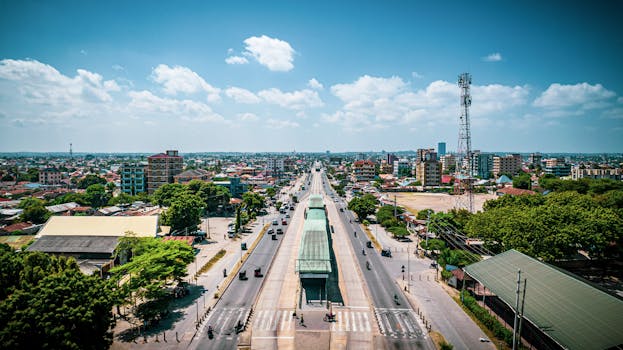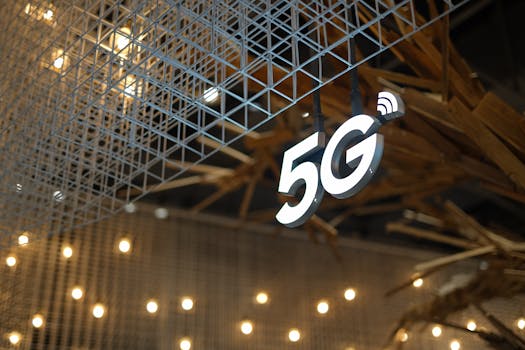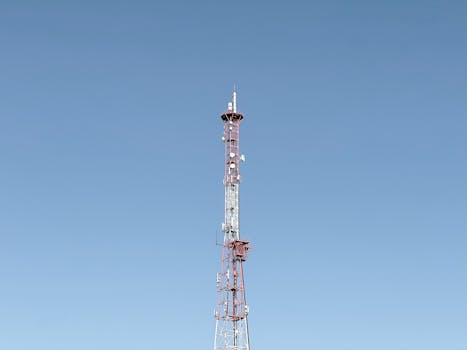
The Rise of 5G in Africa: Opportunities and Challenges Ahead
Introduction to 5G in Africa

5G in Africa is the Focus Keyword we will discuss in this article. The introduction of 5G in Africa is a significant milestone in the continent’s telecommunications sector. 5G, the fifth generation of mobile networks, promises to provide faster data speeds, lower latency, and greater connectivity than its predecessors. As African countries continue to develop their technological infrastructure, the adoption of 5G is expected to have a profound impact on various sectors, including healthcare, education, finance, and entertainment.
Current State of 5G in Africa

Several African countries have already begun deploying 5G networks, with South Africa, Nigeria, and Kenya being among the pioneers. These countries have seen significant investments in 5G infrastructure, with major telecommunications companies such as MTN, Vodacom, and Safaricom leading the charge. According to a report by GSMA, the number of 5G connections in Africa is expected to reach 28 million by 2025, accounting for around 3% of total mobile connections on the continent.
Opportunities Presented by 5G in Africa

The introduction of 5G in Africa presents numerous opportunities for economic growth, social development, and innovation. Some of the potential benefits of 5G in Africa include:
- Improved Healthcare: 5G can enable remote healthcare services, such as telemedicine, which can expand access to medical care in rural and underserved areas.
- Enhanced Education: 5G can facilitate online learning, enabling students to access educational resources and connect with teachers and peers more efficiently.
- Increased Financial Inclusion: 5G can enable mobile financial services, such as mobile banking and mobile payments, which can increase access to financial services for underserved populations.
- Boost to Entrepreneurship: 5G can enable entrepreneurs to access new markets, customers, and suppliers, thereby promoting economic growth and job creation.
Challenges Facing 5G in Africa

Despite the opportunities presented by 5G, there are several challenges that need to be addressed to ensure the successful deployment and adoption of 5G in Africa. Some of these challenges include:
- Infrastructure Development: The deployment of 5G requires significant investments in infrastructure, including cell towers, fiber optic cables, and data centers.
- Regulatory Frameworks: African countries need to develop and implement regulatory frameworks that support the deployment and adoption of 5G.
- Cybersecurity: The increased connectivity and data speeds enabled by 5G also increase the risk of cyberattacks and data breaches.
- Cost and Affordability: The cost of 5G devices and services may be prohibitively expensive for many Africans, thereby limiting adoption.
Conclusion

The rise of 5G in Africa presents a unique opportunity for the continent to leapfrog traditional technologies and embrace the latest innovations. While there are challenges that need to be addressed, the potential benefits of 5G in Africa are significant. As African countries continue to develop their 5G ecosystems, it is essential to prioritize infrastructure development, regulatory frameworks, cybersecurity, and affordability to ensure that the benefits of 5G are equitably distributed and that the continent can fully realize its economic and social potential.
See more:

https://www.gsma.com/
https://www.itu.int/
https://www.africantelecomsnews.com/





